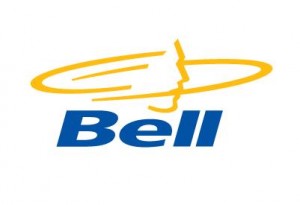Bell is recently facing a lawsuit because the company has a practice where they put an expiry date on its pre-paid wireless plans. People have been arguing that pre-paid wireless services fall under the same section as gift cards. As to this comparison, Gift cards do not have expiry dates; hence, people argue that this service should not either. As many people lose money from the expiry date, is this ethical?
I personally think this is ethical because it is how pre-paid services work. You are given a date to use it by, a clear warning. If a consumer fails to comply and react to this expiry date, Bell is not to be put at fault. Even though it is popular with low-income households and that stealing from them is bad, I still do not think that this is unethical. If consumers do not want their services to expire, they just have to reload the card for an extension. It is not Bell’s fault because the consumer itself forgot to reload and lost their money. Bell will suffer loses if there is no expiry dates. It is how providers like Bell stay in business. Prepaid services have its benefits and flaws. This is why these plans are significantly cheaper as opposed to long-term contracts and other cellphone plans. When you buy the pre-paid wireless services, you are agreeing to the terms and warnings stated by Bell.
However, I can see why there is a lawsuit against Bell as people see this as an opportunity seized by Bell to steal from customers. It is also unfair as pre-paid represents a certain number of minutes over a certain time frame, with the only difference is that you prepay your bills as opposed to regular plans. Since the consumer prepaid for it, how is it that they expire? Either way, in my opinion, Bell Mobility’s expiring pre-paid services is ethical because its what distinguishes pre-paid from regular plans. If the consumer does not like it, then they definitely have the option of changing companies or plans. By purchasing it, they are agreeing to the terms and warnings; therefore, Bell is not at fault.

